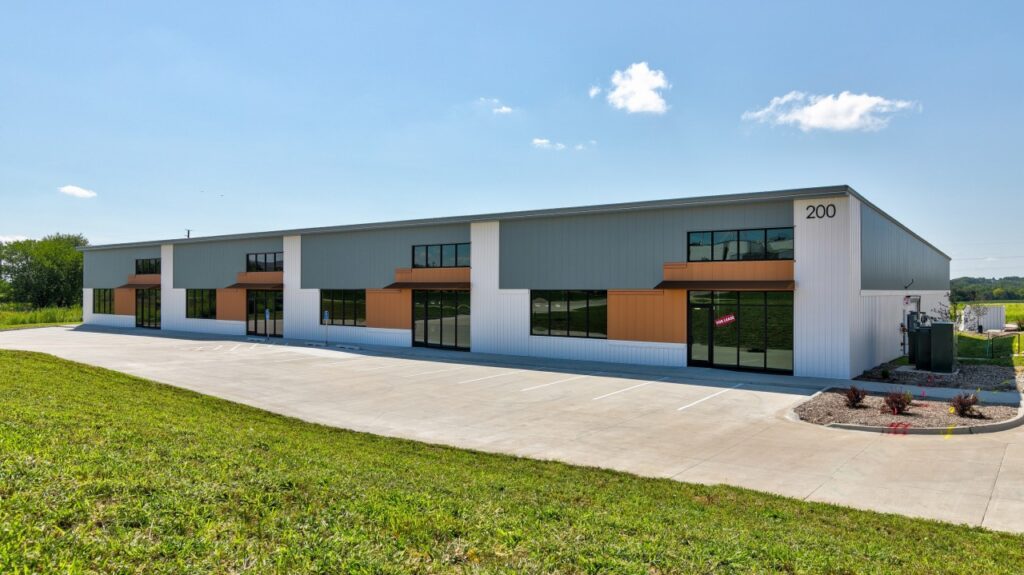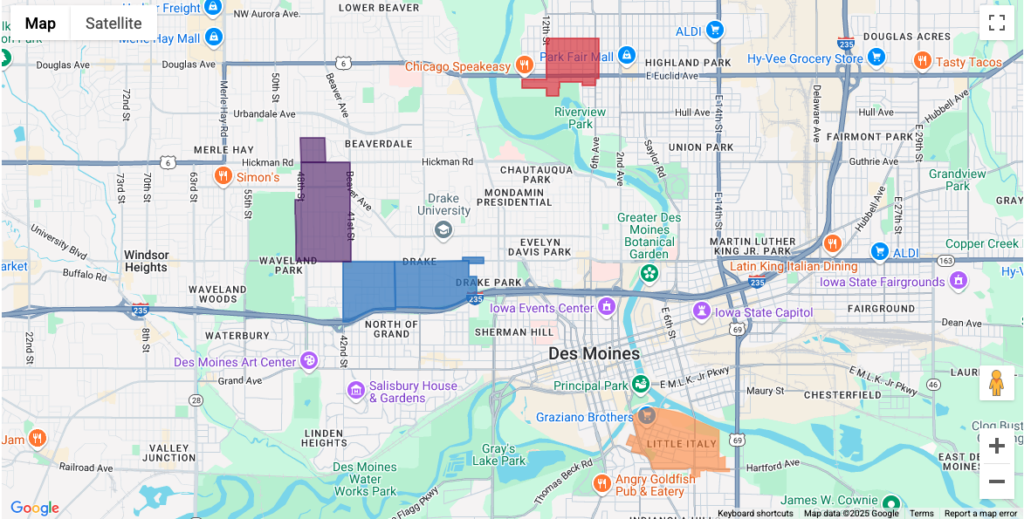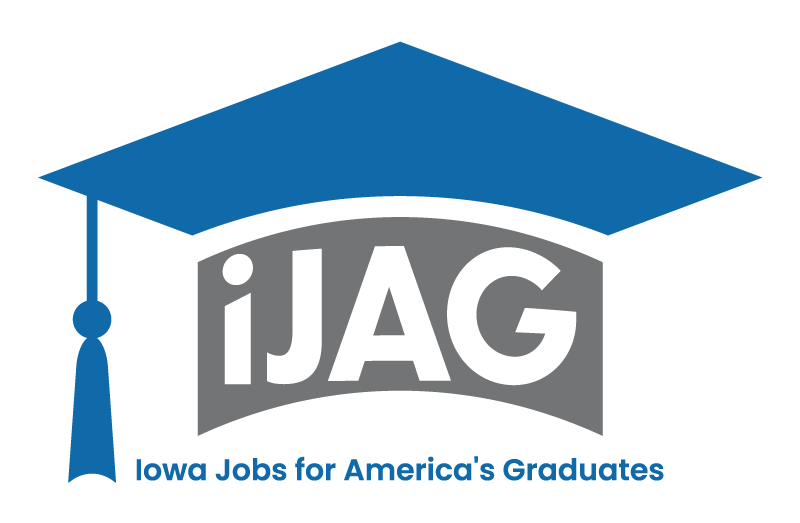Community Health Needs Assessment builds on prior work, urges coordinated effort

Greater Des Moines community and health care leaders have again taken a deep dive into assessing the comprehensive health needs of the Central Iowa region.
Further addressing the stigma of mental health issues in the community will be among the first priorities that will be pursued as a result of the new 2018 Community Health Needs Assessment report, say health leaders who coordinated the effort.
Additionally, “reform Medicaid managed care” was a recurring theme by stakeholders, and is a goal that was repeated under each of the four priority areas that were highlighted in the report.
The comprehensive assessment, led by Mid-Iowa Health Foundation, involves all three hospital systems in Greater Des Moines as well as participation from a broad cross-section of community and business leaders.
The assessment’s priorities revolve around the vision statement: “Promote access to all levels of community health. Zero barriers. Zero disparities.”
The report is a recognition of the interconnected nature of community issues, along with the need to work together and be aware of other groups’ efforts, a group of the key leaders involved in the effort said in an interview with the Business Record.
“We had the benefit of building off an already rigorous plan and a very comprehensive community engagement strategy that had been utilized the prior time,” said Suzanne Mineck, president of Mid-Iowa Health Foundation, which led the initiative.
With the facilitation of Capital Crossroads, Mid-Iowa Health Foundation worked with the three major health systems — Broadlawns Medical Center, MercyOne-Des Moines and UnityPoint Health-Des Moines — in coordination with other key community health organizations and leaders to assess progress that’s been made since the last report was released.
The new report — which has the support of the top leadership of each of the hospital systems — builds on extensive work that was completed three years ago that identified four key priority areas: access to care, built environment, mental health and workforce.
Through the assessment process, leaders outlined an updated set of goals for improving the health of the region over the next three years. The report is the third comprehensive assessment, following an initial study conducted in 2012 and a follow-up report issued in 2016. The process is federally mandated for community hospitals as part of the 2010 Affordable Care Act.
Having each of the hospital systems and the broad participation of community leadership organizations is crucial to the effort.
“There is not a single issue that’s listed [in the report] that the hospital could take on by itself and be successful,” said Laura Wenman, vice president and chief mission officer with MercyOne-Des Moines.
Rick Kozin, who retired as director of the Polk County Department of Health in 2017, led the 2018 assessment, which included numerous discussion groups, one-on-one interviews and an online survey.
The four priority areas in the 2018 assessment are:
- Ensure access to health for all.
- Establish communities and neighborhoods that are safe, accessible and available to everyone, include public gathering places for diverse and integrated engagement, and promote health relationships.
- Improve the social/emotional well-being of the community.
- Increase the capacity (size and skills) of the health care workforce to create and sustain health.
While many of the issues that the community needs haven’t changed in the past three years, mental health needs — as measured by emergency room visits related to opiates as well as other mental health issues — have increased dramatically, Kozin said.
“What was not surprising was, as important as mental health was three years ago, it’s even more important now,” Kozin said. “What was really striking, particularly in the conversations with the emergency room staffs and the school nurses, was when we asked what’s different in your world compared with three years ago … they both talked about mental health [issues becoming more prevalent].
Additionally, a recurring theme among all health care providers and stakeholders was the continuing frustrations and challenges associated with the state’s privatized Medicaid managed care organizations, he said.
Although each of the three hospital systems has its own internal implementation plan, the public report represents a renewed invitation for the community to be engaged, Mineck said.
“The voices of our community clearly elevated issues of greatest importance, including increasing access to necessary mental health services, including prevention services, safe and affordable housing, reduction in transportation barriers, and cultivating safe and connected neighborhoods,” she said. “Now the real work begins. We have a collective responsibility to take a more aggressive approach to addressing these issues.”
Capital Crossroads and the Wellness Capital will lead that community response, she said.
Capital Crossroads’ connectedness in Greater Des Moines as a comprehensive plan will be a valuable asset to carrying out the assessment priorities, said Nikki Syverson, director of Capital Crossroads. “We can amplify those efforts, and also make sure that it’s tied in with everything else happening in the community.”
The Make It OK campaign to eliminate the stigma of seeking help for mental health issues is one example of how the community can work together to address mental health access, said Chris McCarthy, community health project manager with UnityPoint Health-Des Moines.
“I do think [the new report] is a different approach, and we’re looking at things at a larger level,” he said. “Knowing that there are some heavier lifts that we need to tackle collaboratively, what is really going to be lifted up through Capital Crossroads is first breaking down stigma.”








